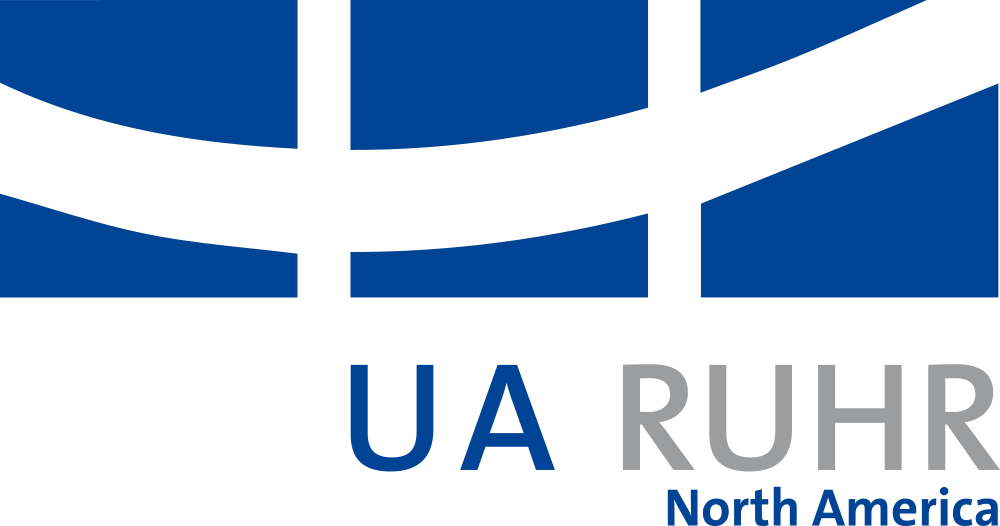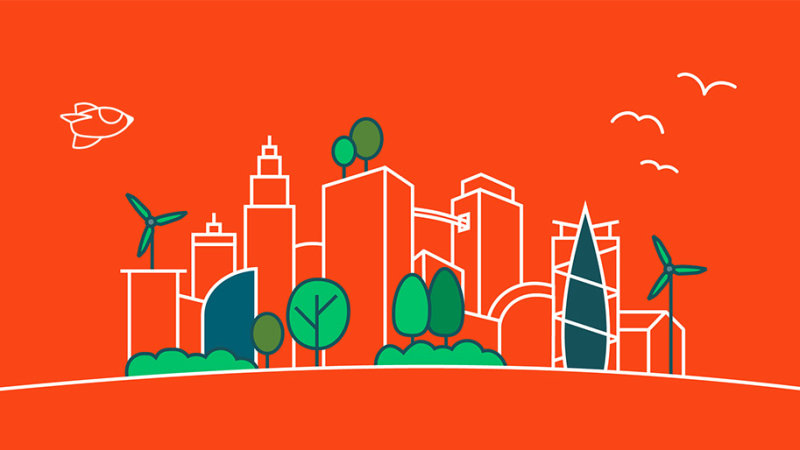UA Ruhr Events
14. 10. 2020
Future Forum: Building Biopolis
October 14-17, 2020 | Virtual EventWe are proud to present some of our research on cities and climate at two events at the 2020 Future Forum, October 14-17, 2020.
Networking Event "Urban Soundscapes and Public Health"
Wednesday, October 14, 2020, 1:00 PM EST. Program
Urban areas regularly expose inhabitants to noise well above 85 decibels from sources like traffic, subways, industrial activity, and airports. In addition, urban life also comes with high background noise levels of 60 decibels, which can raise blood pressure, cause stress, loss of concentration, and loss of sleep. Apart from posing significant health risks, though, the acoustic quality of cities is also an important part of their identities. Noise abatement does not always simply mean the reduction of noise but also bringing out the positive aspects of sound in the urban environment. How do cities manage their acoustic environments through the creation of sustainable solutions? What makes a city sound pleasant, and how do we measure what it is that makes cities and neighborhoods sound pleasant? The Ruhr Institute for Public Health at the University of Duisburg-Essen will present their very unique research project on how the noises of cars, birds, conversations and certain types of music impact the well-being of city dwellers. Sound artist and researcher Peter Cusack will present some of his work that questions how we understand environments through sound.
Speakers
Susanne Moebus
Director, Ruhr Institute for Public Health
Peter Cusack
Research Fellow in Sound Art CRiSAP (Creative Research into Sound Arts Practice), University of the Arts London
Timo Haselhoff
Research Scientist, University Hospital Essen, Institute for Urban Public Health
Facilitators
Amanda Daquila
Executive Director, Heidelberg University Association
Peter Rosenbaum
Executive Director, University Alliance Ruhr, New York
Workshop "Sustainable Supply Chain Management in Urban Areas"
Friday, October 16, 2020, 12:30-1:30 PM EST. Program
With the rise of the service economy, the demand for express transport has soared, making urban economies increasingly dependent on transportation systems with more frequent and customized deliveries. This requires not only a higher frequency of urban freight distribution, but also improved organization and management. Urban areas often pose economic and environmental challenges to efficient distribution of merchandise. Congestion within cities results in additional costs and delays. Restrictions to street access for trucks, pickups and deliveries pose additional constraints. Congestion and noise also have a negative impact on urban residents, affecting a city’s livability. Air pollution caused by traffic is a serious environmental concern for many cities as well. Urban logistics has become a salient sustainability issue.
How are these issues being addressed? What are some of the successful strategies and cutting-edge technologies that have accelerated distribution in urban areas? Join our speakers and share your innovative ideas during our workshop.
Speakers
Prof. Uwe Clausen
Director, Institute of Transportation Logistics, TU Dortmund University
Prof. John-Paul B. Clarke
Director, Air Transportation Laboratory, Georgia Institute of Technology
Moderators
Dr. Joann Halpern
Director, Hass Plattner Institute, New York
Peter Rosenbaum
Executive Director, University Alliance Ruhr, New York



